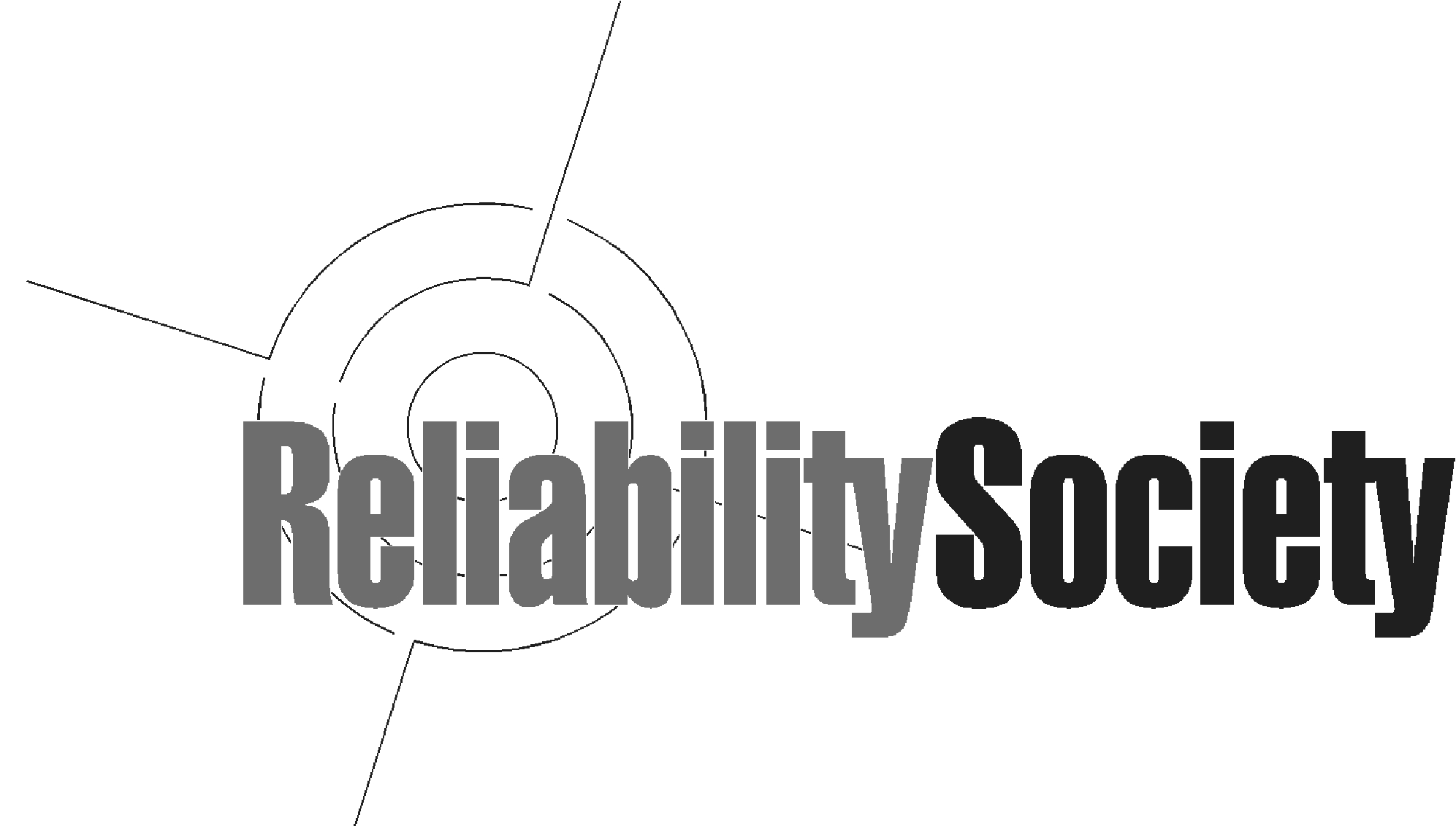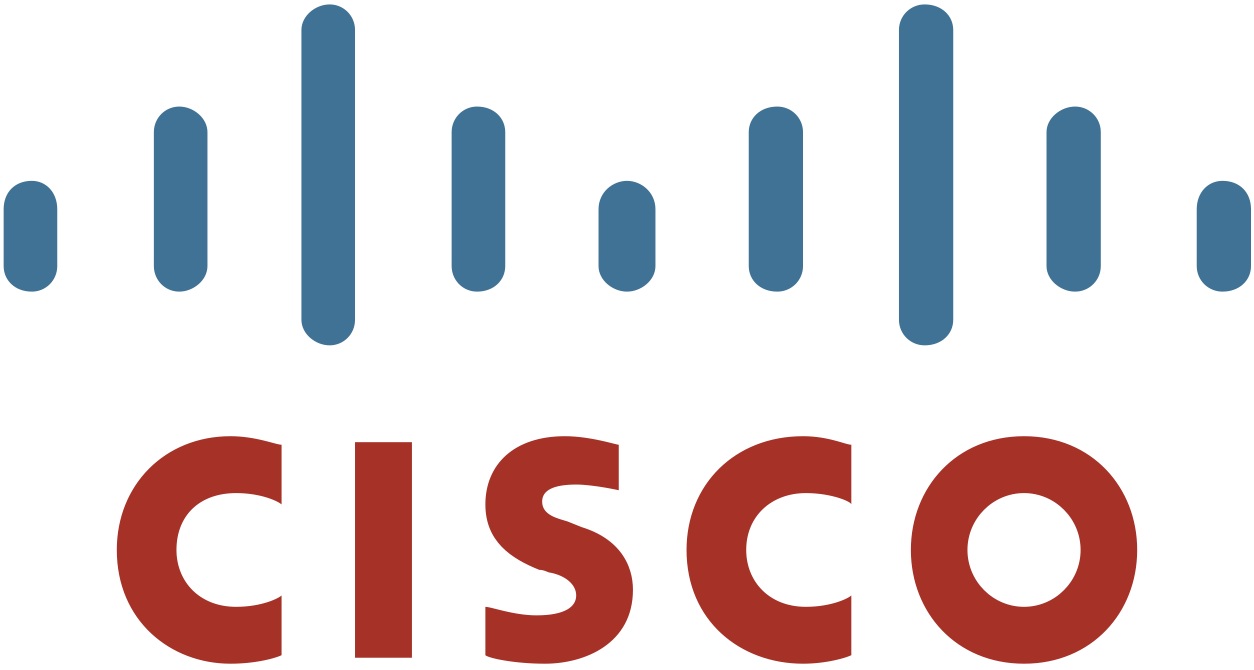November 3-6, 2014
Naples, Italy
WOSD
The Fourth Workshop on Open Systems Dependability
WOSD #1: Evolution of Assurance
Tuesday, Nov. 4, 11:00 - 12:30
Chair: Robin Bloomfield
1. Hillary Sillitto. Invited talk: The 21st Century Challange: Open Systems on a Closed Planet
2. Shuichiro Yamamoto and Shuji Morisaki. An Evaluation of Assuring Test Case Sufficiency using A D-Case Pattern
3. Toshinori Takai and Hiroyuki Kido. A supplemental notation of GSN to deal with changes of assurance cases
WOSD #2: Management of Open Systems Dependability
Tuesday, Nov. 4, 14:00 - 15:30
Chair: Yoshiki Kinoshita
1. Jelena Frtunikj, Michael Armbruster and Alois Knoll. Run-time Adaptive Error and State Management for Open Automotive Systems
2. Ling Fang and Guoqiang Li. Toward SIL Evaluation for A Resilience Strategy
3. Dr. V.B. Singh and Meera Sharma. Prediction of the complexity of code changes based on number of open bugs, new feature and feature improvement
WOSD #3: Discussion: Open Systems Dependability Landscape and Future Directions
Tuesday, Nov. 4, 16:00 - 18:00
1. Mario Tokoro. Invited talk: Open Systems Dependability - Achievements and future strategy: culture, technology, standards and research
2. Position presentations by participants
An Evaluation of Assuring Test Case Sufficiency using A D-Case Pattern
To assure the sufficiency of testing, it is necessary to build consensus among stakeholders such as system acquirers, developers, and test engineers who validate that implementation of the system satisfies requirements. In this paper, a safety case pattern is proposed to assure the sufficiency of testing based on requirements descriptions and deviation analysis. The proposed method is also evaluated by applying it to the creation of an integration test case creation for a financial application package requirements.
A supplemental notation of GSN aiming for dealing with changes of assurance cases
An assurance case is a document containing ar- guments about risk-related issues on a system and regarded as an effective means to achieve open systems dependability. This paper proposes a notation of an assurance case to deal with changes of a system which can pose challenges to an established assurance case. The proposed notation is based on GSN and the presented case study suggests that the notation can make change- management of assurance cases easier. We also show that a GSN with a confidence map can be expressed by the proposed notation.
Run-time Adaptive Error and State Management for Open Automotive Systems
Over the past few years semi-autonomous driving functionality was introduced in the automotive market and this trend continues towards fully autonomous cars. While in autonomous vehicles, data from various types of sensors realize the new highly safety critical autonomous functionality, the already complex system architecture faces the challenge of designing highly reliable and safe autonomous driving system. A common approach to build a reliable real-time system is using hardware replication; however the solution tends to be very costly. An alternative approach is providing support for adaptive error and effective resource management that allows a system to adapt and reconfigure after failures of part of the system without requiring the user intervention. In addition, the end-customer is used to the possibility of easy personalization or extensibility of the electronic systems with new HW or SW. In this paper we present our model-based framework and run-time system that enables system extension and improves the safety of autonomous driving systems by providing reusable formal scheme enabling adaptive error and resource management. A case study explaining when and how the approach can be applied is also presented.
Toward SIL Evaluation for A Resilience Strategy
It is not rare that a Micro Processor Unit (MPU) receives an electric noise, and caused the function malfunction or freezing. A novelty resilience strategy is proposed in order to reduce the risk of error caused by noise and improve the system safety. Safety Integrity Level (SIL) is the part of the overall safety of a system or piece of equipment. This paper describes a resilience strategy against electronic noise and proposes several consideration toward the SIL evaluation.










